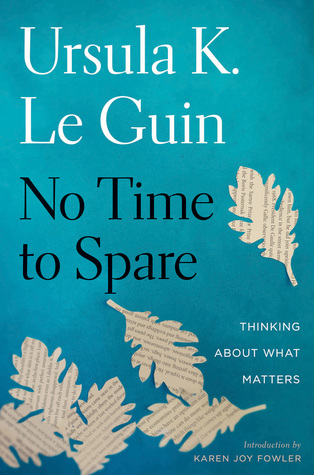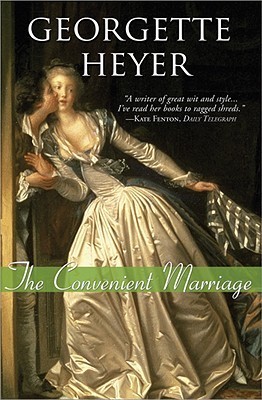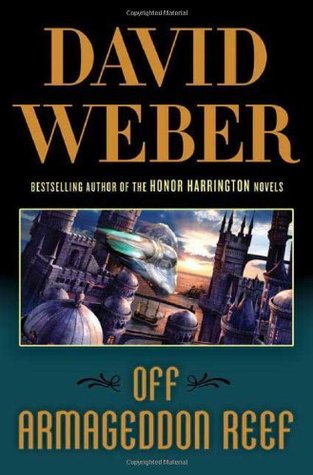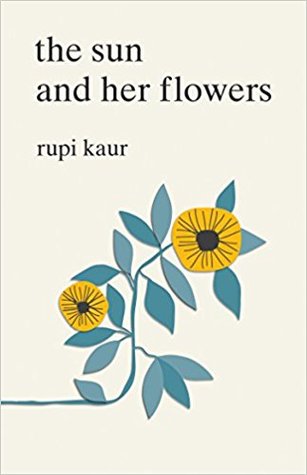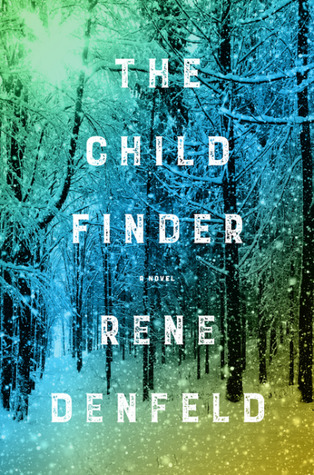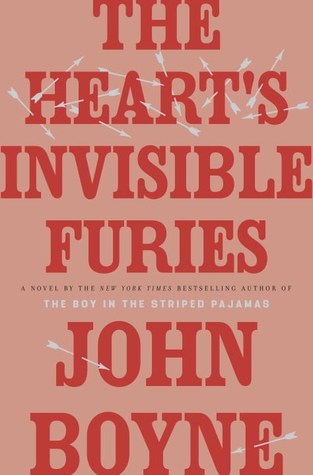4 Stars
Insightful and incisive series of essays on everything from cats to the Sartre Refusal Prize.
"If we insist in the real world the ultimate victor must be the good guy, we've sacrificed right to might."
I had to read this quote several times to recognize the truth in the statement. Le Guin brings it up in an essay about Homer and how neither The Illiad nor The Odyssey employ wishful thinking; therefore, not fantasy. But, that quote is counter to almost everything we want to believe--wish to believe. If it were true, better technology would always win over large corporations, the best ideals would always prevail, and the morally corrupt would always fail. Which we know is simply false.
"Art is not a horse race."
This is a thoughtful rumination about book prizes and PR, and how one drives the other.
"The creative adult is the child who survived."
Rather amusing, and since I actually have that "Liked" somewhere in my Goodreads' quotes I found it more than a bit embarrassing/funny/ridiculous that she categorically did not write it, ever. The misattribution and how it came about is humorous.
"I want to say clearly that I do not believe any animal is capable of being cruel. Cruelty implies consciousness of another's pain and the intent to cause it. Cruelty is a human speciality, which human beings continue to practice, and perfect, and institutionalize, though we seldom boast about it. We prefer to disown it, calling it "inhumanity", ascribing it to animals. We don't want to admit the innocence of the animals, which reveals our guilt."
It comes in one of many cat related essays--not a cat fan, at all. Nonetheless, Le Guin uses her relationship with Pard to relay a few thoughts. I like the hard truths in this book, the ripping away of the veil.
It never ceases to amaze me how much synchronicity envelopes my life. I should be immune to it because it happens all the time, nonetheless, in the foreword Le Guin mentions Saramago, and I smiled thinking to myself, 'I have met this writer and I understand'. Literally, not a couple months ago. And again, I find myself starting with a writer at the end. First, Gunter Grass and now Le Guin. That isn't the bizarre synchronicity it might seem at first blush because 2018 is the anniversary of a death--I have been planning to reopen it again, just to make sure everything is in place and to remember. Hence, all the morbidity in the books I've been selecting.
I didn't mean to start here. Le Guin has been on my To-Be-Read for more years than I will admit and now it's time for me to read her stories.
Favorite quote:
"Anger points powerfully to the denial of rights, but the exercise of rights can't live and thrive on anger. It lives and thrives on the dogged pursuit of justice."
